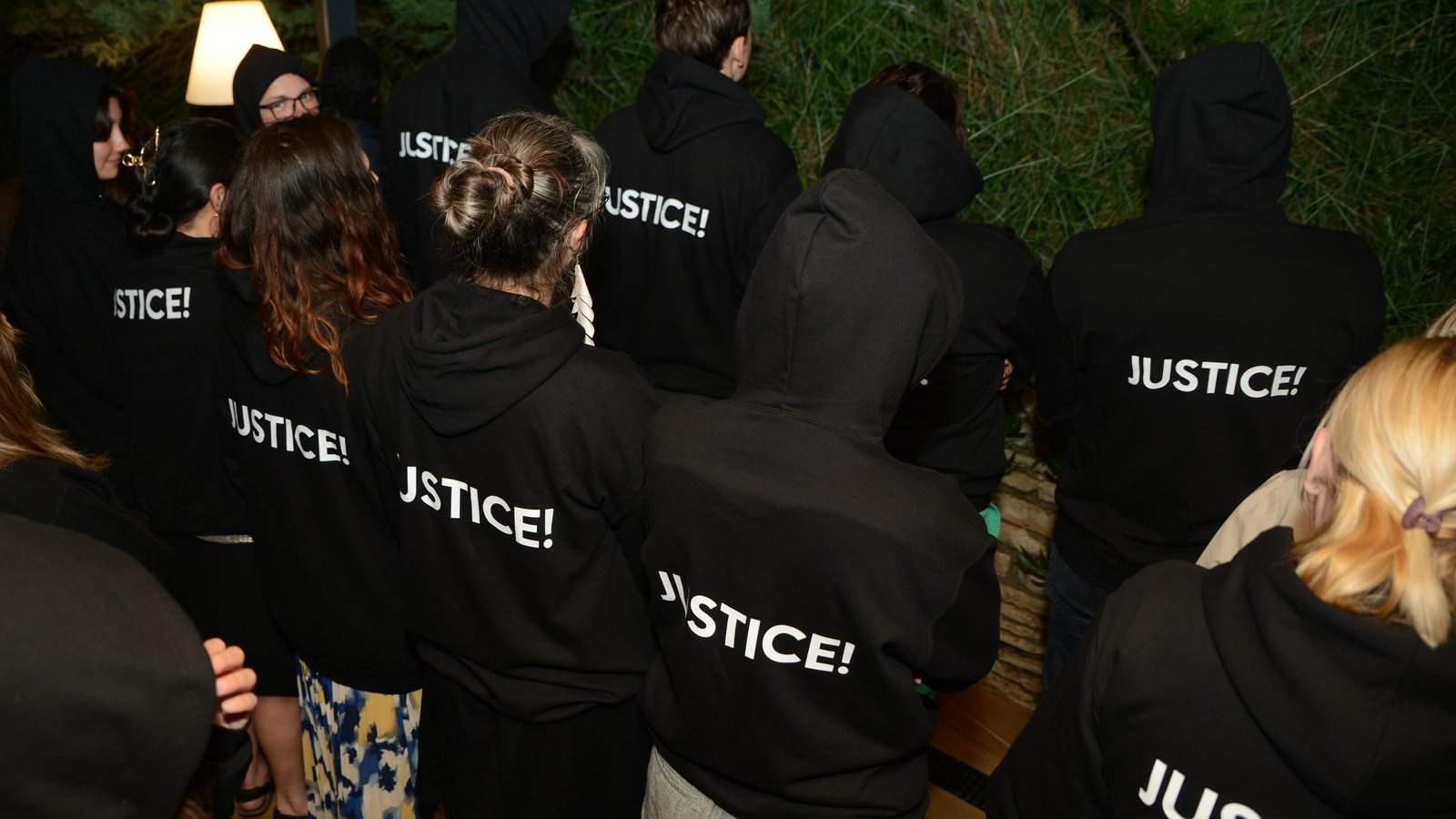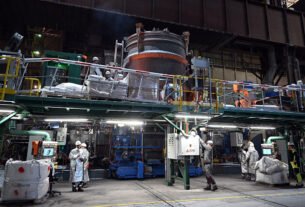The Just Transition’s Democratic Gap
The European Green Deal (EGD) commits the EU to climate neutrality by 2050. To mitigate the socio-economic impact on regions dependent on coal, steel, cement, chemicals, and fossil fuels, the EU created the Just Transition Fund (JTF). Access to this fund requires the development of Territorial Just Transition Plans (TJTPs), designed to guide economic diversification, job creation, and retraining. However, the BOLSTER project, funded by CINEA under Horizon Europe, found that these plans often fail to effectively involve civil society and marginalised groups, despite the EU’s stated commitment to “leave no one behind.”
Learning from Past Transitions
To better understand the governance of industrial transformation and decarbonisation, BOLSTER examined three regions that have already undergone similar transformations: Zuidoost-Brabant (Netherlands), Cluj (Romania), and Bilbao (Spain).
The research aimed to answer these questions: What do governance networks in economically successful transition regions look like? What socio-spatial implications do these transitions bring? Or, to what extent do governance processes of transition transform social structures and urban spaces?
A key finding was that civil society is often excluded from decision-making. Barriers include the complexity of emerging technologies, the fragmentation of civic organisations, and a lack of experience in engaging with policymakers. BOLSTER concludes that civil society must be involved from the start – building shared language, technical skills, and using diversity across business, public, educational, and civic sectors as an asset rather than a dividing line.
Seven Regions, Uneven Engagement
The project also studied TJTP processes in Hainaut (Belgium), Saxony-Anhalt (Germany), Silesia (Poland), Prahova (Romania), Stara Zagora (Bulgaria), León (Spain), and Istria (Croatia). These regions are currently undergoing significant transitions and heavily rely on coal or other carbon-intensive industries.
The study found that while some regions organised public meetings and consultations, others offered minimal opportunities for engagement. Even in more extensive processes, there was little evidence that community input shaped the final plans. Participation was dominated by the “usual suspects”: government agencies, large city administrations, major corporations, and, to a lesser extent, universities. Smaller municipalities, SMEs, and most civil society organisations – particularly those representing women, youth, people with disabilities, Roma, or migrants – were largely absent from the discussion.
Disconnect Between Policy and People
BOLSTER conducted over 300 engagements, including interviews, community-led projects, and governance workshops, which revealed that many vulnerable residents in these regions were unfamiliar with the concept of a “just transition.” While the TJTPs prioritised job creation, the communities highlighted the barriers they faced in accessing current employment, training, and education opportunities.
Participants also framed climate change in local, tangible terms such as seasonal changes, crop failures, waste, and pollution – rather than carbon metrics used in policy documents. This mismatch risks eroding trust and fuelling political polarisation.
Recommendations for a Fairer Transition
In a letter addressed to the European Commission and signed by over 40 stakeholders from all across Europe (mayors, NGOs, businesses, and universities), BOLSTER urged for:
1. Strengthening the Just Transition to fight political polarization
2. Supporting local NGOs and fostering inclusive governance
3. Unlocking Just Transition regions as engines for reindustrialisation
4. Making funding work more effectively
5. Fostering local ownership to accelerate industrial transformation
Without implementing these changes, the green transition could unintentionally deepen inequalities rather than reducing them. By amplifying community voices, adjusting regulatory frameworks, and ensuring equitable access to funding, the EU can guide the world in building a green transition that is genuinely just, inclusive, and durable.
What’s Next for BOLSTER
BOLSTER’s results are based on research conducted in ten regions, combining historical case studies with in-depth community engagement. The project concludes in August 2025 after three years of mapping how governance models can better include marginalised voices in Europe’s path to climate neutrality.
Its legacy includes mini-projects under the RE-Activate campaign, policy briefs, publications, a toolkit, a Capacity Building Manual, and a book chapter. Still to come are a Massive Open Online Course (MOOC) and a full book – to positively influence the EU’s just transition process for years to come. By simplifying access to funding for local organisations and reintegrating former industrial areas into the economic circuit through sustainable jobs, the Just Transition can provide a foundation to build successful, democratic, and resilient regional economies.
BOLSTER is a Horizon Europe project is funded by CINEA under the Grant Agreement n.º 101069586. The project is coordinated by Tilburg University (NL). The consortium includes: RMIT Spain (ES), UEKAT – University of Economics in Katowice (PL), Sociedade Portuguesa de Inovação (PT), Crowdhelix Limited (IE), University of National and World Economy (BG), University of Rijeka – Faculty of Management in Tourism and Hospitality (HR), University of Liège (BE), MKBT – Make Better Association (RO), ECAS – European Citizen Action Service (BE), CGE – Culture Goes Europe – Socio-Cultural Initiative Erfurt (DE), and CEE Bankwatch Network (CZ).
Views and opinions expressed are however those of the author(s) only and do not necessarily reflect those of the European Union or CINEA. Neither the European Union nor the granting authority can be held responsible for them.





